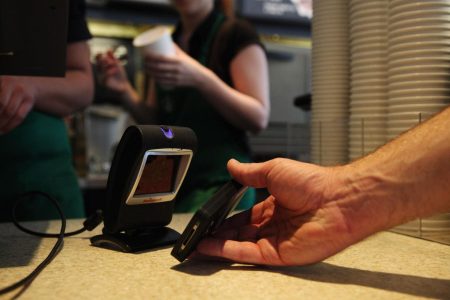Indonesia is the most important digital financial services market in Southeast Asia, given its overall size, unbanked population of 181 million, and island geography. With 6,000 populated islands, Indonesia is almost uniquely suited for branchless banking.
It is thus no surprise that the region’s most prominent platform companies, all in search of a shorter road to profitability after burning cash in the days of low interest rates and easy venture funding, are betting big on the Indonesian market. Singapore’s Grab and Sea Group, as well as Indonesia’s own GoTo and Bukalapak, are all vying for market share in Indonesia’s burgeoning digibanking market.
Data from Redseer suggests that Indonesia’s “total addressable market for financial technology services” will reach US$70.1 billion in 2025, up from US$17.8 billion in 2020.
While the Singaporean firms have deeper pockets and arguably a larger talent pool they can deploy, GoTo and Bukalapak have a certain homefield advantage. They understand the market better, and their resources are not spread as thin because they do not have large operations outside of Indonesia.
Buying the Way to Success
Unlike some other regulators in Asia, Indonesia’s Financial Services Authority (the OJK) has made it relatively easy for foreign firms to move into digital banking. It has actively encouraged the purchase of incumbent lenders that can be rejigged as digital banks. The OJK sees that model as a win-win, allowing a local bank that might otherwise have been uncompetitive to improve the quality of its services, while big tech companies that make the investments do not need to apply for a digital banking license: They can use the license of the bank they buy.
This strategy is working out well for Sea Group, which bought Indonesia’s Bank BKE in early 2021 and revamped it as SeaBank Indonesia. It was easy for Sea to meet the 3 trillion rupiah capitalization requirement for digital banks.
It did not take long for the undisclosed investment to pay off, especially given the synergies between Shopee’s e-commerce ecosystem and digital banking. SeaBank Indonesia recorded a net profit of 269.2 billion rupiah ($18 million) in FY 2022, compared with a loss of 313.4 billion rupiah ($21 million) in FY 2021. Not a huge profit by financial industry standards, but certainly a step in the right direction. Furthermore, SeaBank’s loans disbursed climbed to 15.9 trillion rupiah ($1.1 billion) in FY 2022 from 6.1 trillion rupiah ($409.2 million) the year before.
Thus far, Sea is the only major platform company to acquire a local bank outright. GoTo has a 22% stake in the local bank Bank Jago through a US$160 million investment Gojek made in late 2020, while the Grab-Singtel consortium has a minority stake in Indonesia’s PT Bank Fama.
Laser Focus on Indonesia
Local platform company Bukalapak has also leveraged its e-commerce ecosystem, but in a different way than Sea Group. In fact, such is the company’s experience with merchants that it is now moving into the offline segment with its Mitra business to help the owners of small shops known as warung digitalize their operations.
According to venture capital firm Flourish Venture, traditional warung represents 70% of sales in Indonesia’s US$257 billion grocery market. Given that the roadside kiosk operators are facing increasingly tough competition from modern, larger retailers, Bukalapak reckons that better digital connectivity can help them compete more effectively against the big players.
Thriving Amidst Competition
As platform companies battle it out for dominance in Indonesia’s digibanking market, the country’s unique landscape and unbanked population present a vast opportunity for growth. With Singaporean giants like Grab and Sea Group, along with local players GoTo and Bukalapak, vying for market share, the race is on to capture a piece of Indonesia’s booming digital financial services sector.
As these platform companies continue to streamline their operations and focus on profitability, Indonesia’s digibanking market holds immense potential, and all four companies have a chance to thrive if they adapt to the evolving landscape and embrace a profitability-first approach. The pie is certainly big enough.
Read the full article here















